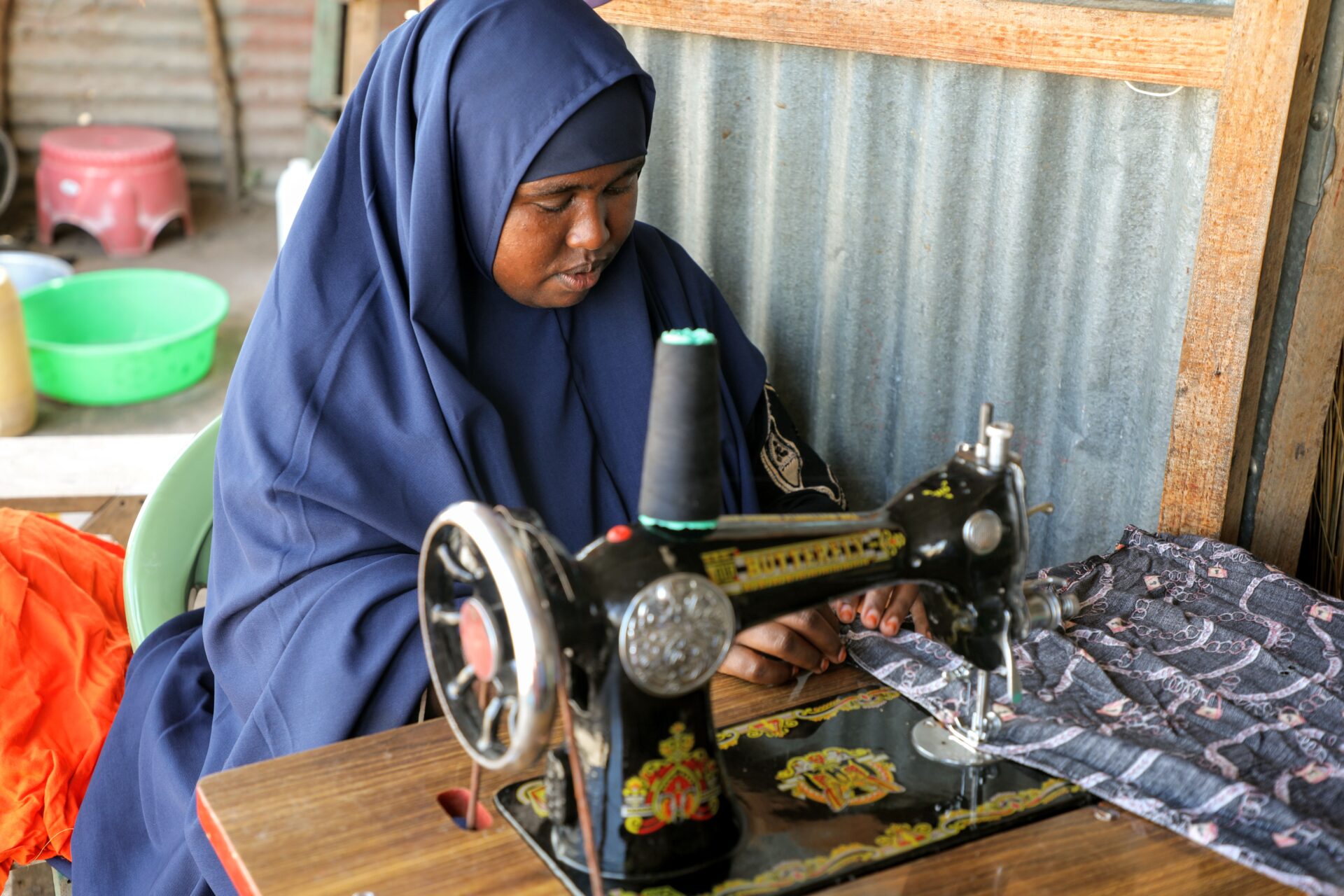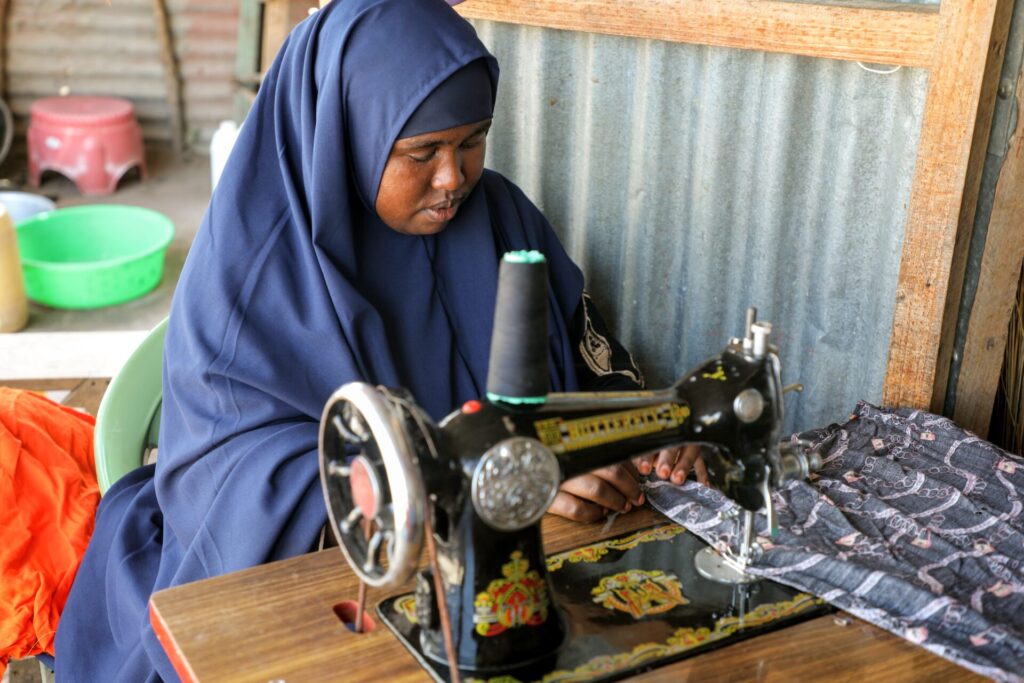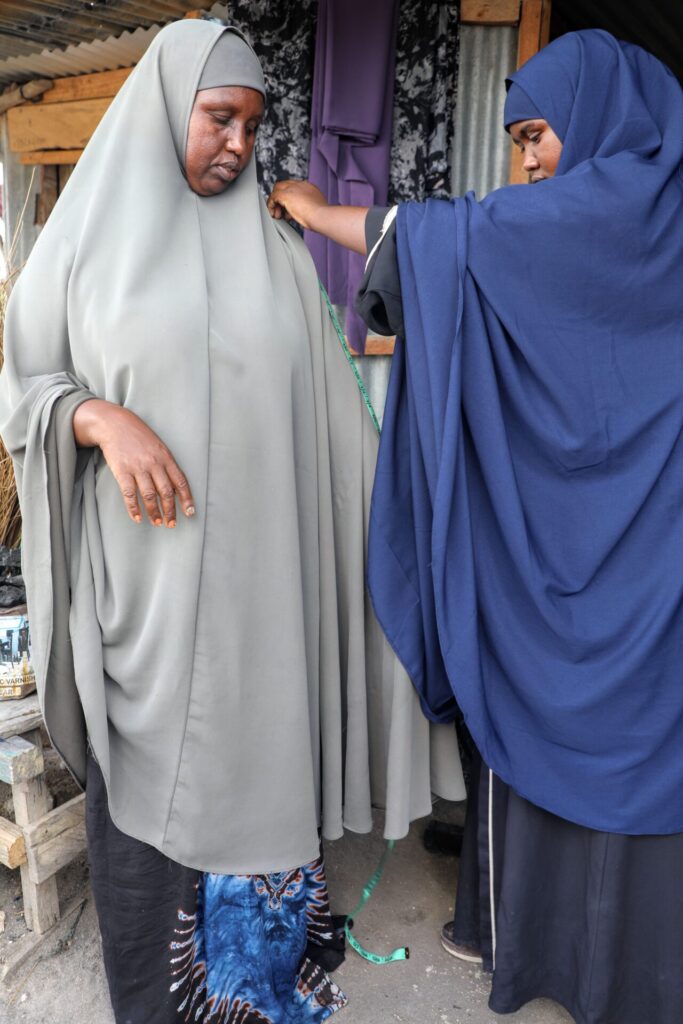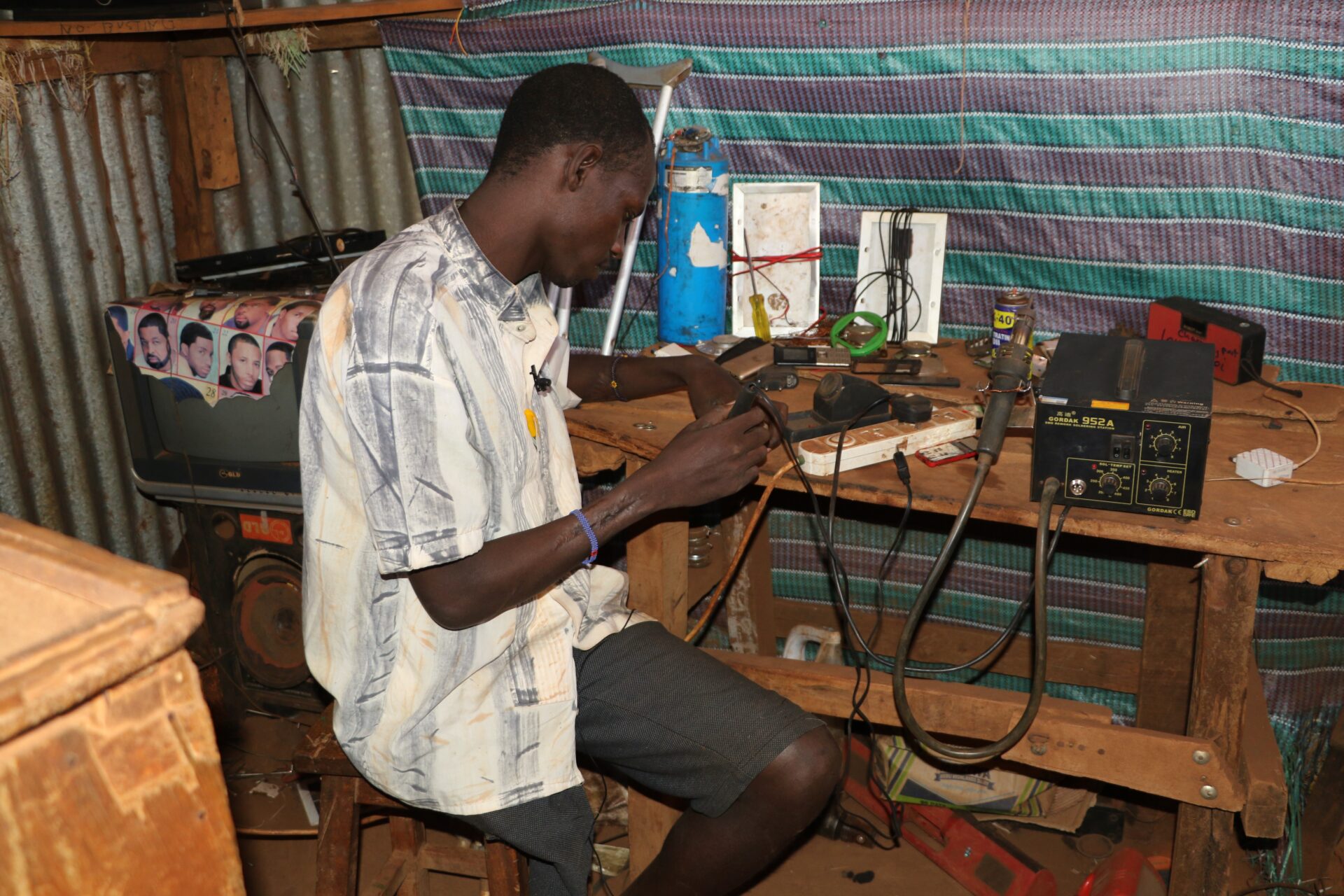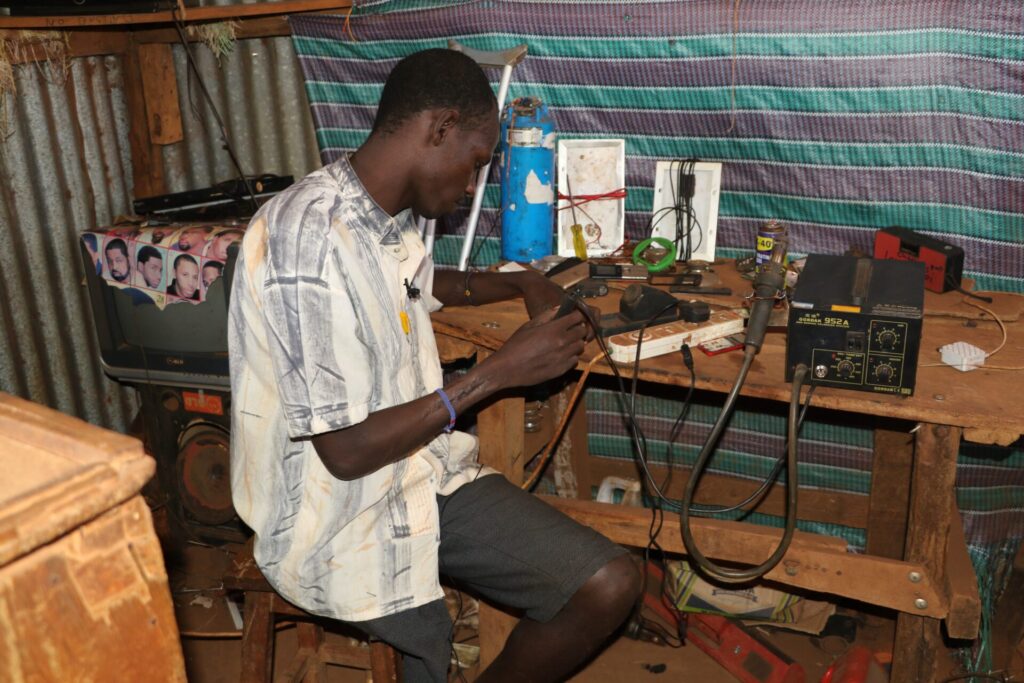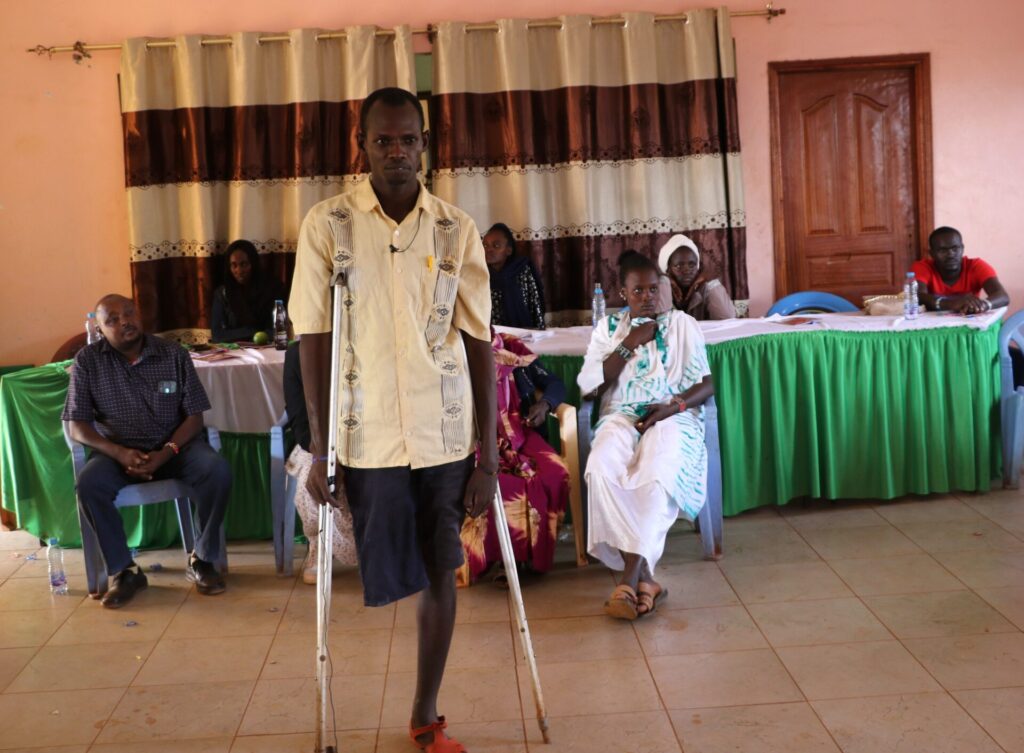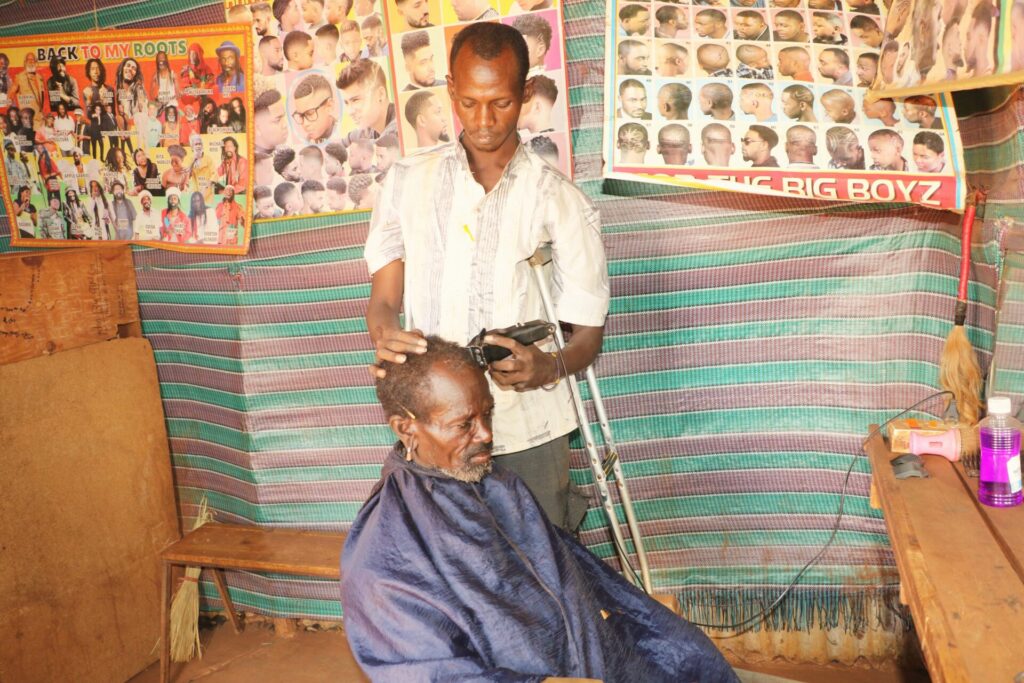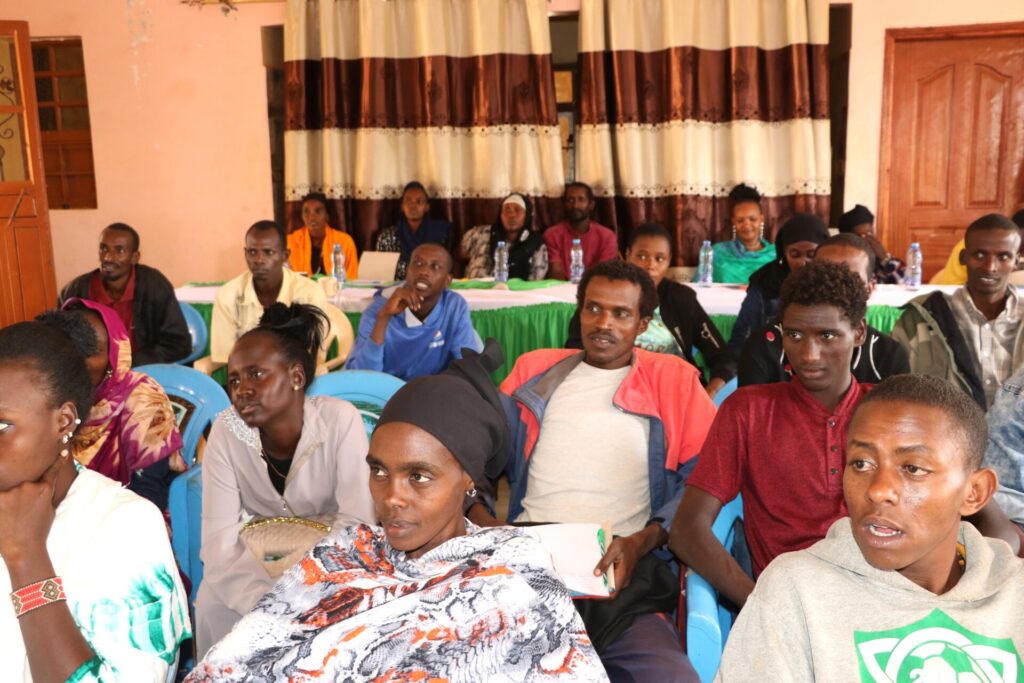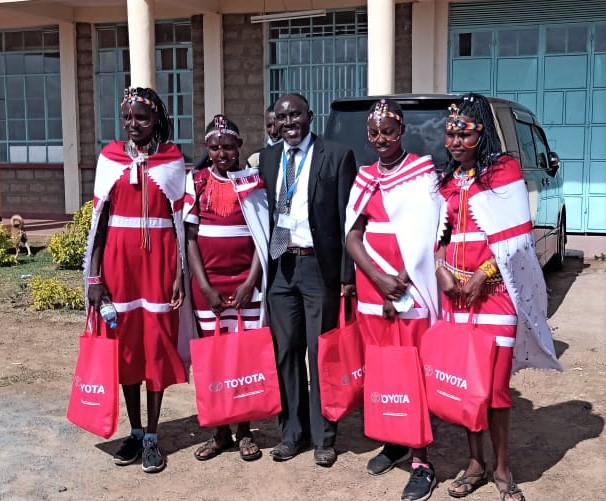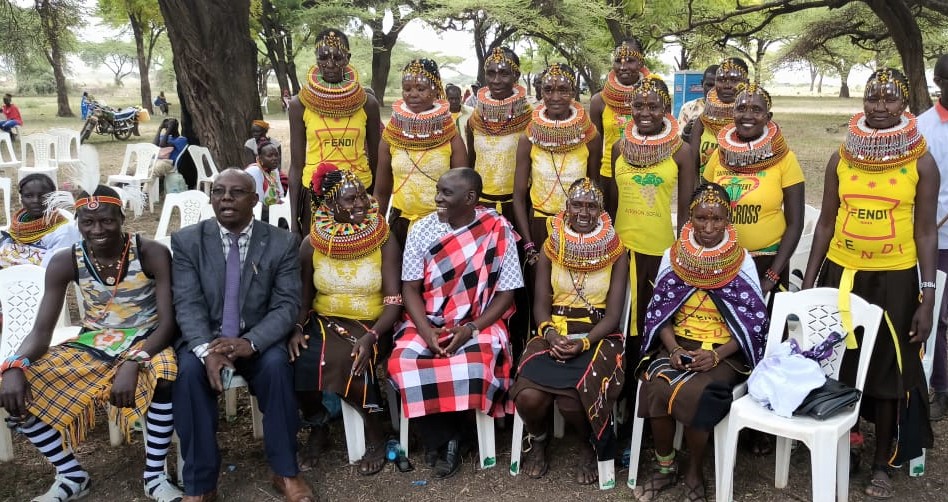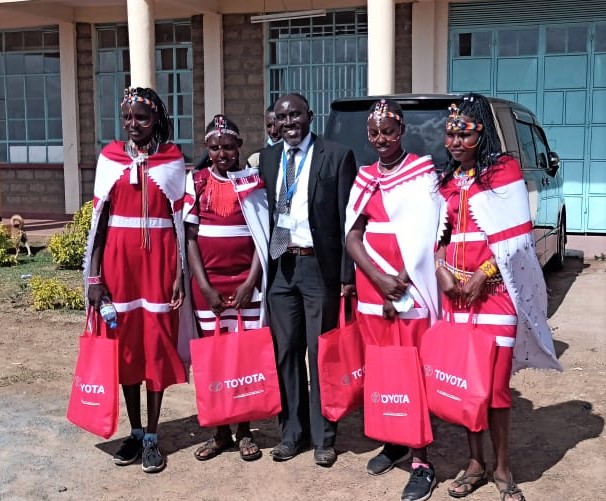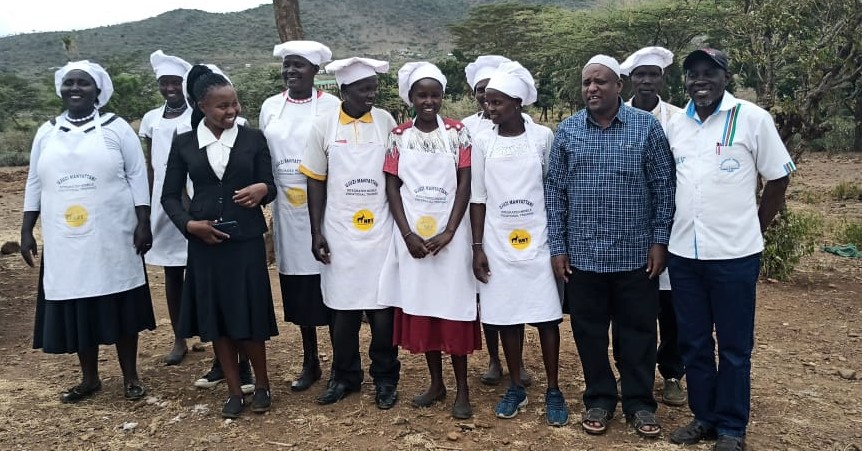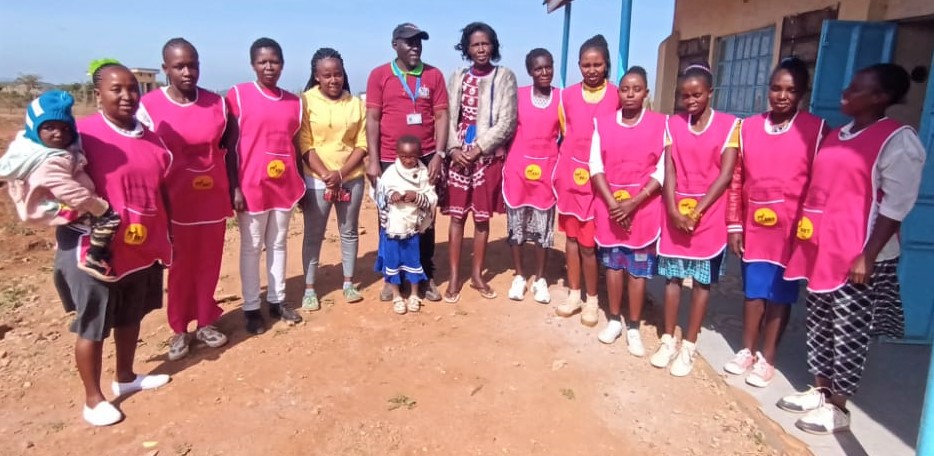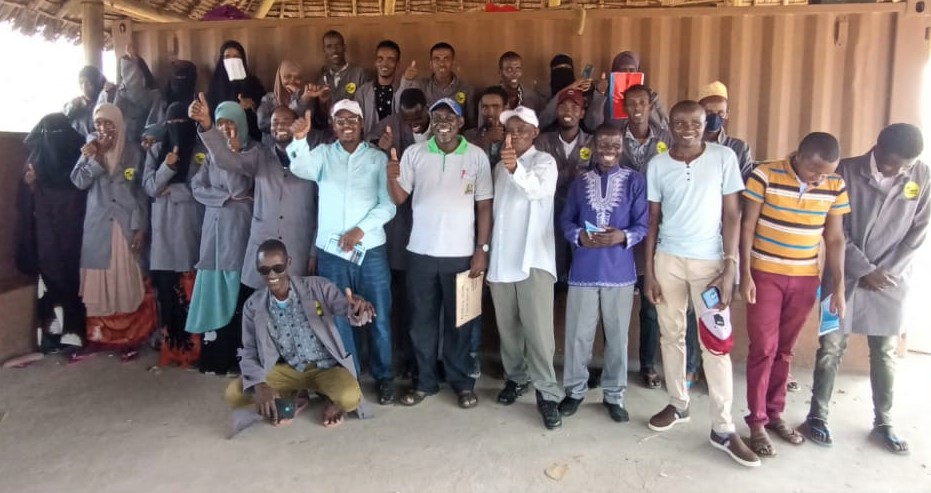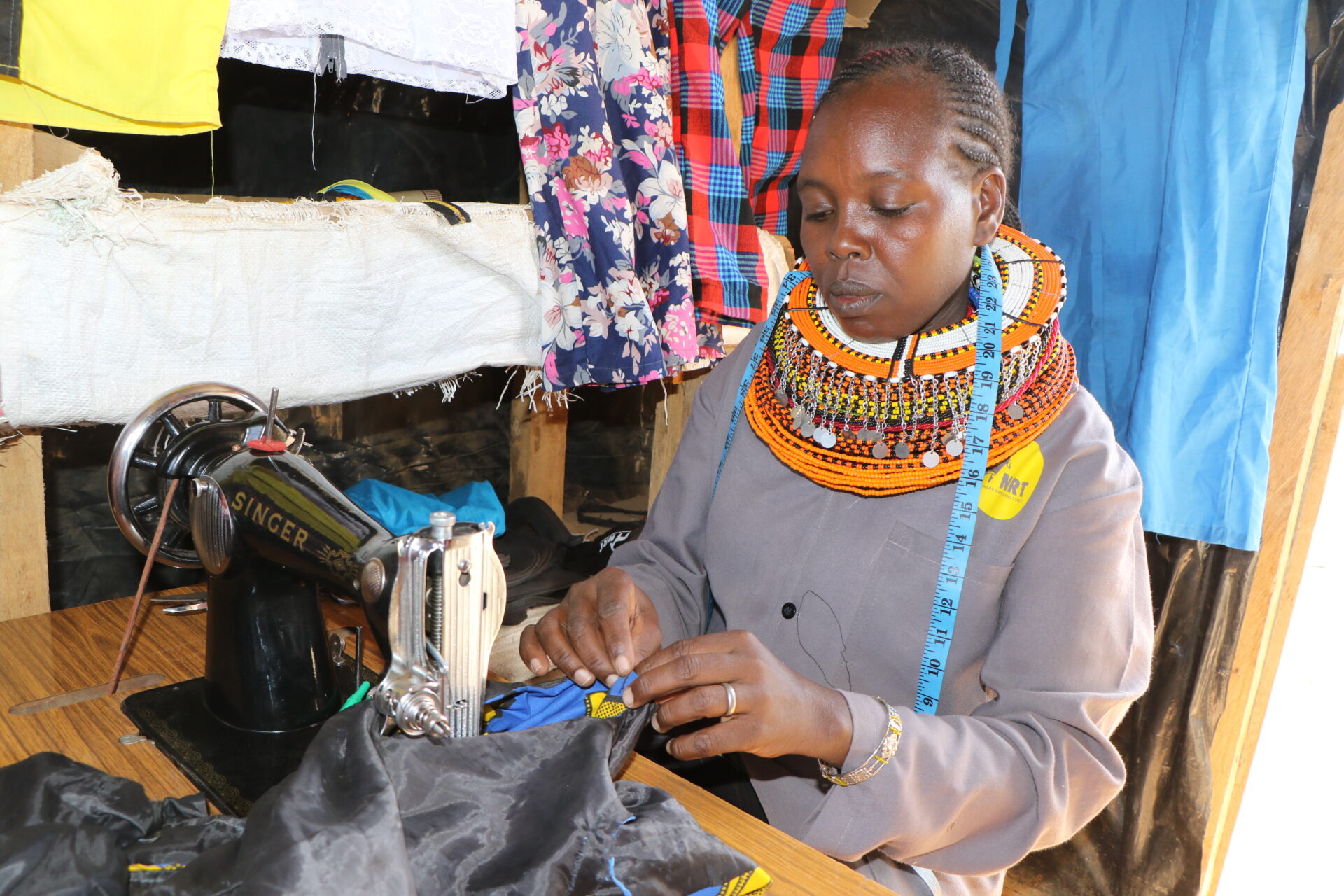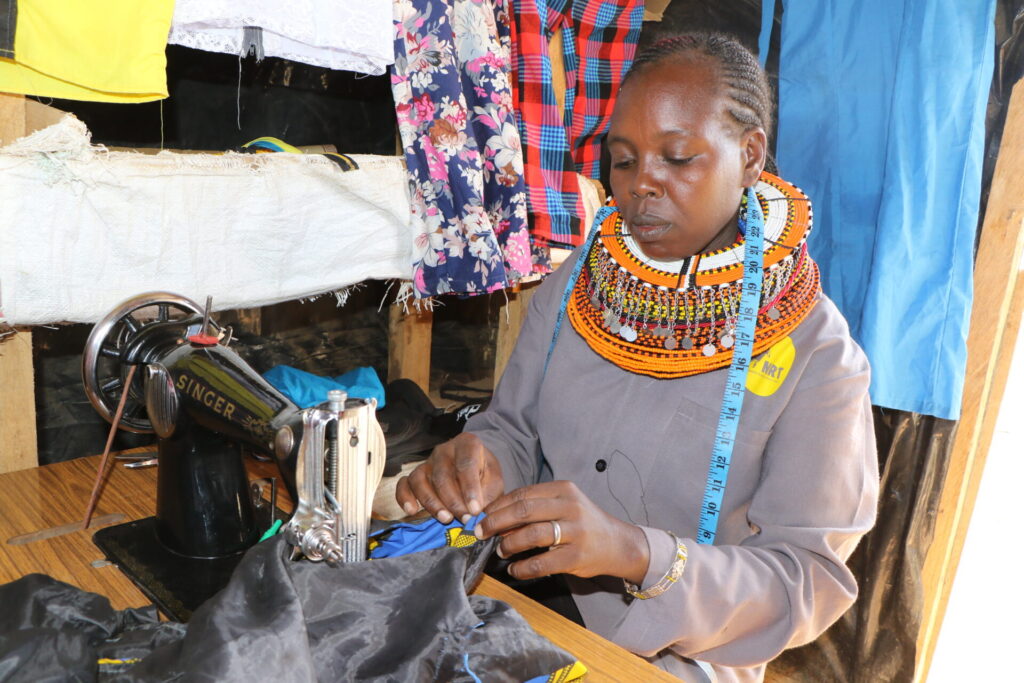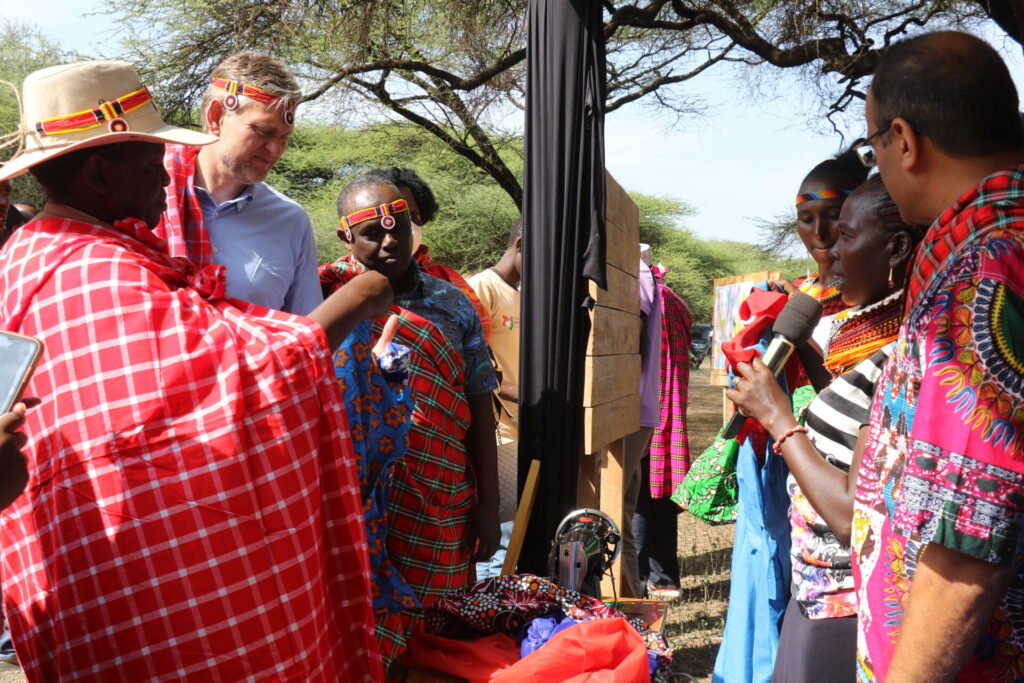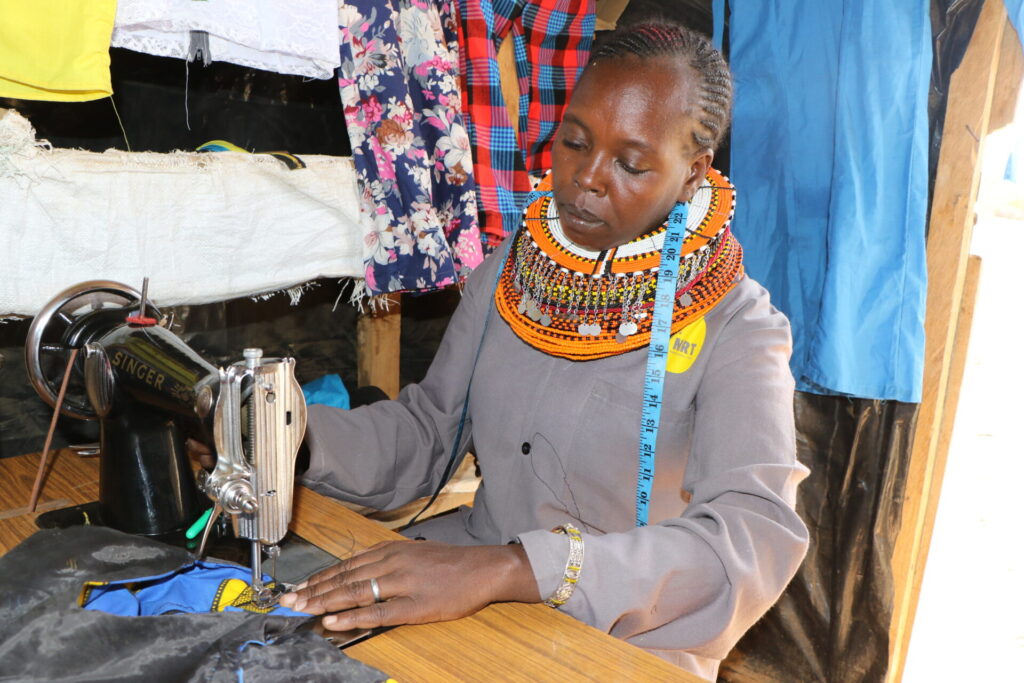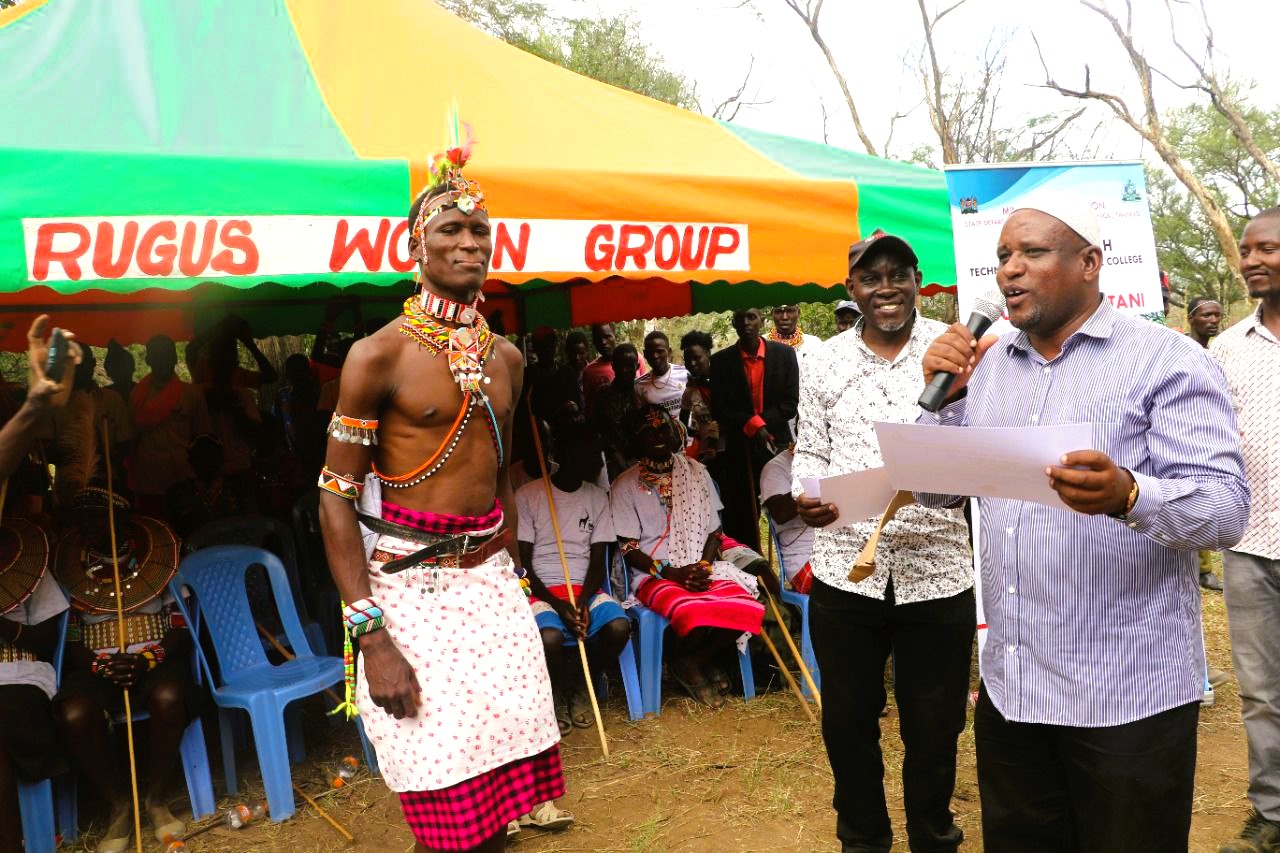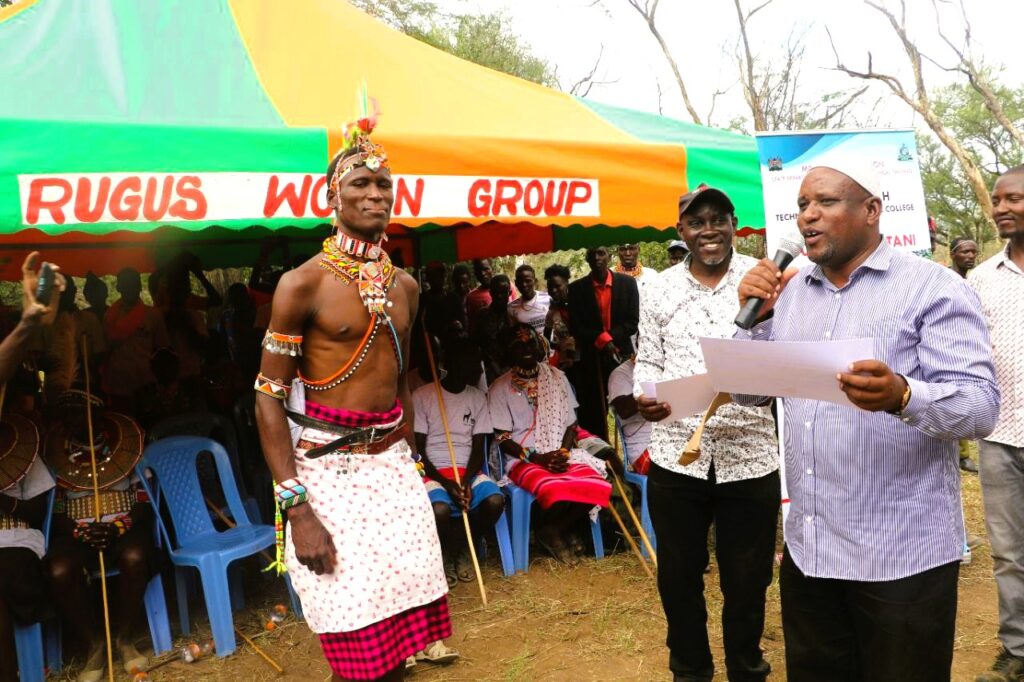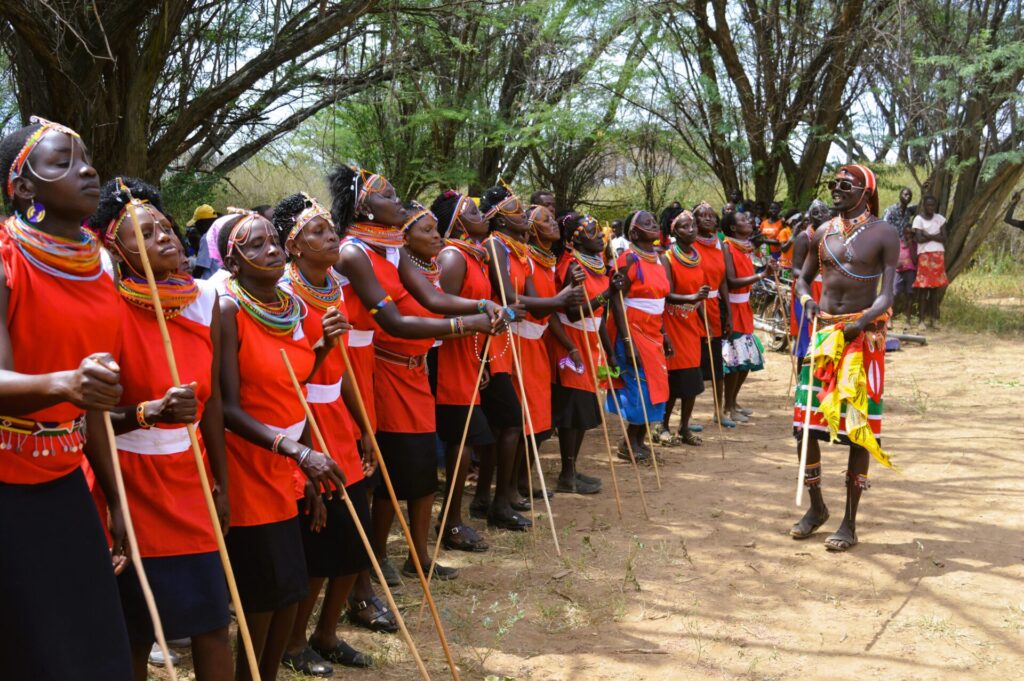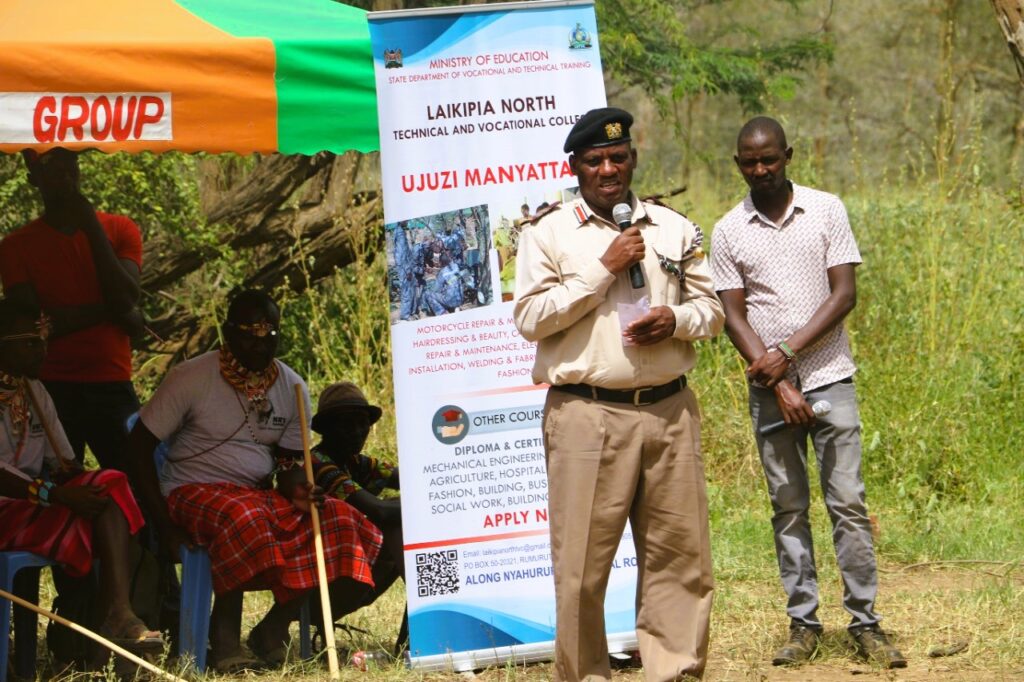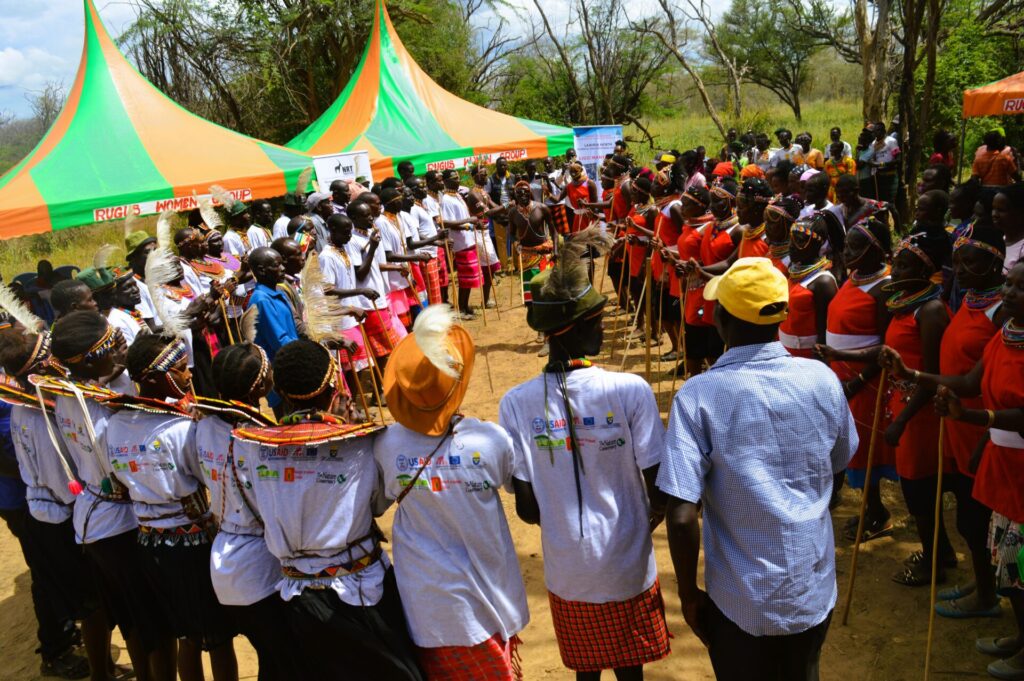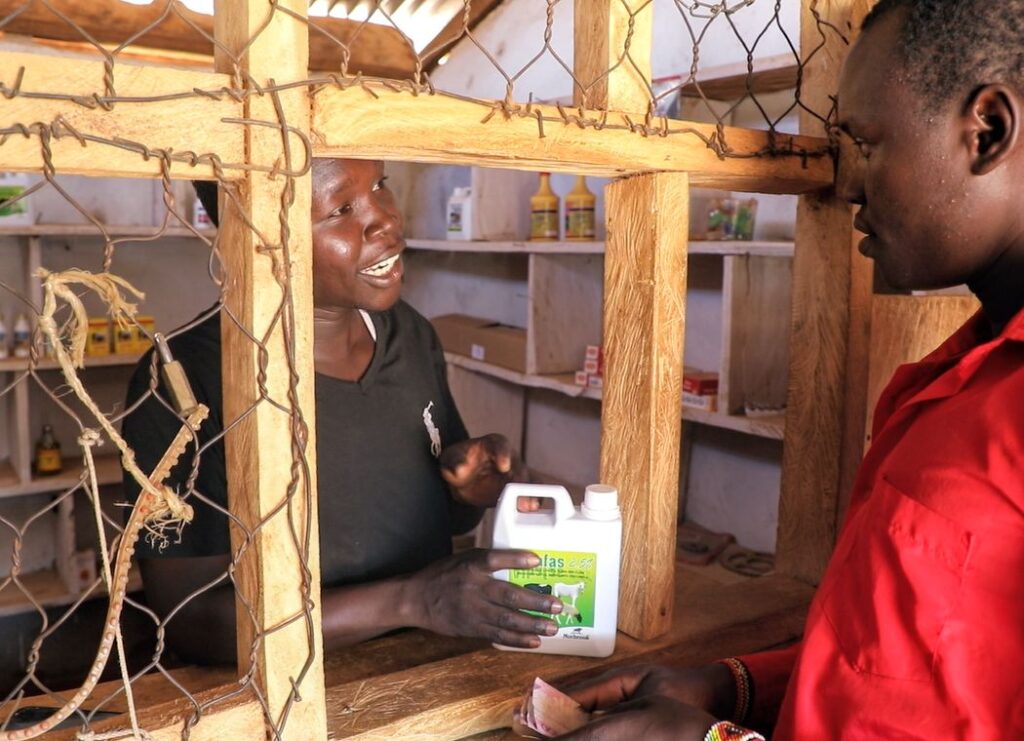
Meet Charles Kibet Loyatoman, a young entrepreneur from Masol Conservancy in West Pokot County. After finishing his primary and secondary education, he faced financial difficulties that prevented him from pursuing a university education. This was a devastating setback as he dreamed of becoming a successful entrepreneur. However, he excelled in his high school business studies and remained optimistic that he could succeed.
In 2020, Charles moved to his current hometown, Orwa, where he developed a business idea. With a small amount of capital accumulated from casual employment, he opened a small barber shop offering phone charging services. This venture was his primary source of income for a year until he was introduced to the Biashara Mashinani program for entrepreneurship training.
“I was excited when I learned about the NRT Trading business training, which was forthcoming through our conservancy management. It was a stroke of luck because I needed guidance since I had just ventured into business,” Charles said.
Charles attended the three-day module 1 business training with great enthusiasm. He was also fortunate to be among the entrepreneurs who received a loan worth KES 25,000 from the Rangelands SACCO. In early 2021, he invested the money into establishing an agro-vet shop because he noticed a void that required filling.
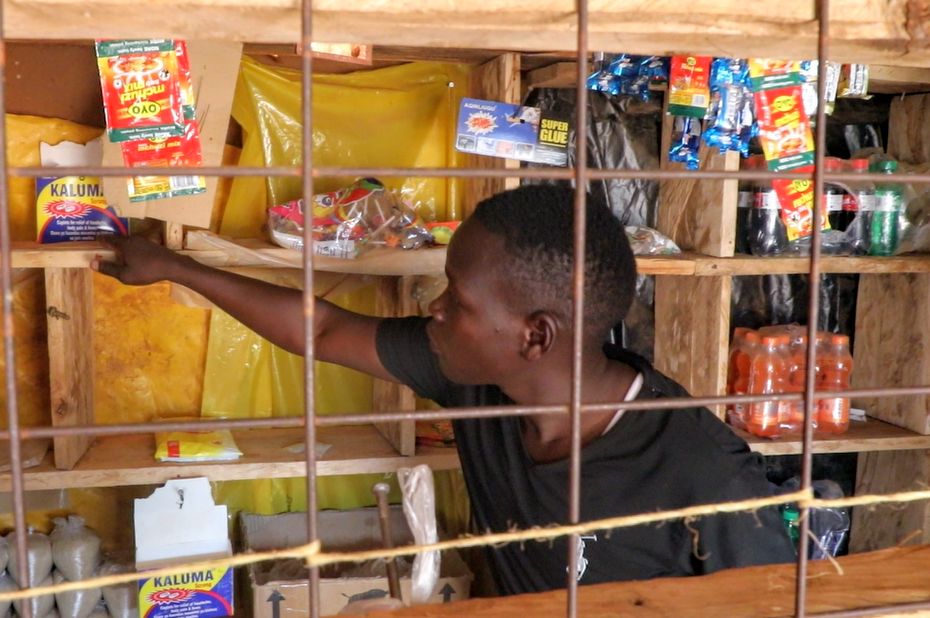
“I saw a lack of agro-vet shops in my community. I consulted experts on the dosage and the right drug for precise specifications and opened a shop. Now, I can attest that my customers have given me positive feedback on how my shop is helping their livestock be free from worms, reduce disease rate, and have good feeding contrary to when this business was not there,” Charles happily exclaimed.
Biashara Mashinani has also taught Charles the importance of diversifying his income. In addition to his agro-vet shop, Charles also sells all-gender clothes, which he claims are in high demand, especially during the rainy season. This was after his agro-vet business recorded slow growth and income because of the low demand rate during the prolonged drought in northern Kenya.
In 2022, Charles again appreciated the Rangelands SACCO as he used his savings of 35,000 shillings to set up a retail shop in Orwa town due to the high demand for essential household commodities. He added 50,000 shillings to establish phase two of a much more extensive and well-stocked retail shop
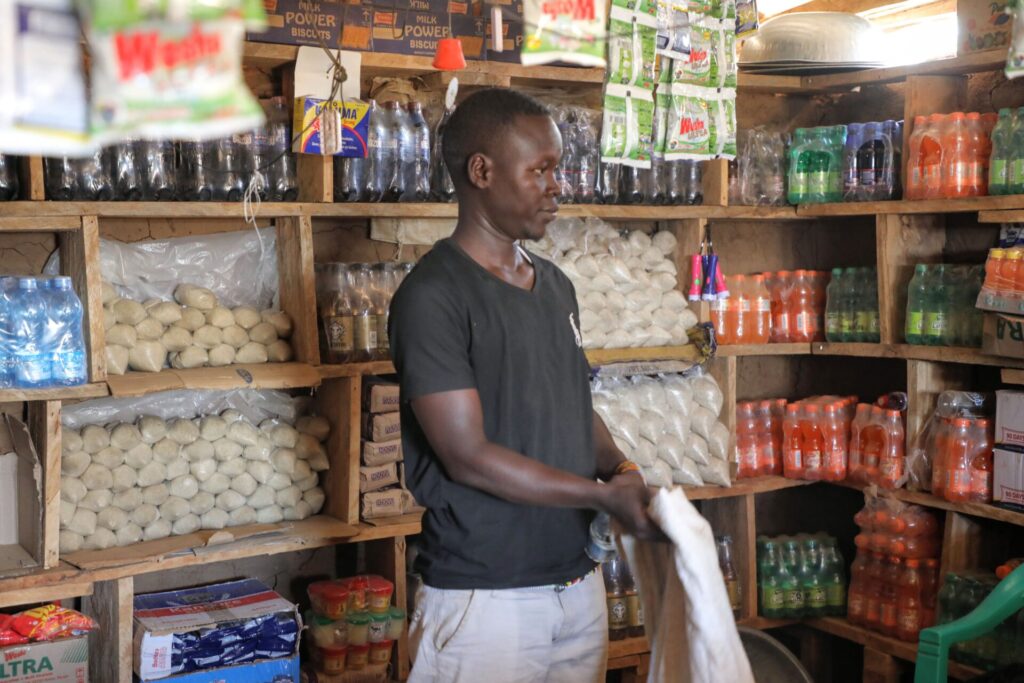
Recently, 27-year-old Charles was among the 40-star entrepreneurs trained further in business skills through the Biashara Mashinani program. He attributes his success to his desire for knowledge and consistency in training attendance.
“It is through NRT Trading that I learned good financial habits like saving; now I have a savings account that has helped me during emergencies and to expand my businesses. Running these businesses simultaneously has been easy since I can keep records and monitor the progress,” he adds.
His businesses have him smiling to the bank, generating a monthly income of over 60,000 shillings, bringing him joy and satisfaction.
Charles has created employment for one youth in his businesses and hopes to create more opportunities and inspire other youths in his community to start their businesses.


